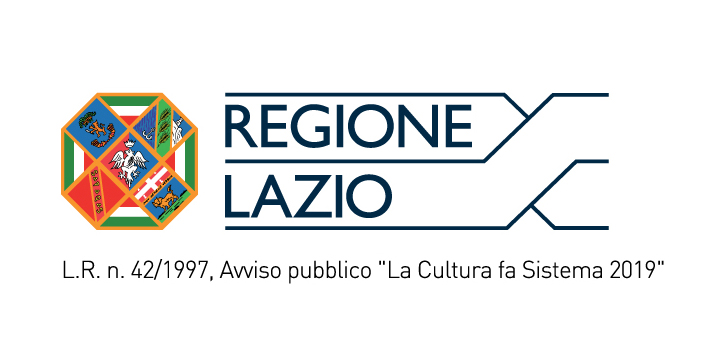In the world of business and finance, agreements play a crucial role in ensuring smooth operations and legal protection for all parties involved. From intercompany cost allocation agreements, credit agreements relating to immovable property, to owner financing agreement templates, there are various types of agreements that every business owner needs to be familiar with.
Let’s start with the intercompany cost allocation agreement. This agreement outlines how costs are shared among different entities within the same company or corporate group. By defining the rules and procedures for cost allocation, it helps prevent any discrepancies and ensures fair distribution of expenses.
Next, we have the credit agreements relating to immovable property. These agreements are commonly used in real estate transactions, where a lender extends credit to a borrower for the purpose of purchasing or refinancing a property. They outline the terms and conditions of the loan, including interest rates, repayment schedules, and collateral.
Another important agreement is the owner financing agreement template. This type of agreement is often used when a property owner decides to provide financing to the buyer instead of requiring traditional bank financing. It sets out the terms of the arrangement, such as the purchase price, down payment, and repayment schedule.
Disagreements are an unavoidable part of life, and even in love, they can arise. For those looking for some inspiration or guidance, disagreement love quotes offer insights and perspectives on handling conflicts in relationships.
When it comes to legal matters, the composition agreement definition is crucial to understand. This type of agreement is often used in bankruptcy cases, where creditors and debtors agree on a plan to restructure debts and make them more manageable for the debtor. It outlines the terms of the arrangement, including repayment schedules and debt forgiveness.
Understanding the difference between void and voidable contracts is also important. A void contract is one that is not legally enforceable from the beginning, while a voidable contract is one that can be legally avoided or canceled by one or both parties involved. Knowing the distinction can help protect your rights and interests in contractual agreements.
For businesses involved in distribution activities, it is important to have a distribution agreement in place. This agreement outlines the rights and responsibilities of both the supplier and distributor, including terms of sale, delivery schedules, and territory restrictions.
Every business has its own unique classification, and for general contractors, it is essential to know the IRS business code assigned to their industry. This code helps in identifying the specific activities and services provided by general contractors for tax and reporting purposes.
In the global economy, trade agreements between countries have a significant impact on international business. The Japan-EU trade agreement signed in 2019 is a prime example. This agreement facilitates trade and promotes cooperation between Japan and the European Union by reducing trade barriers and improving market access for goods and services.
Lastly, the memorandum of agreement font may seem like a minor detail, but it can make a difference in the overall appearance and professionalism of the document. Choosing an appropriate font that is easy to read and suits the purpose of the agreement is essential for clear communication.
These agreements and concepts are just a few examples of the complex legal and financial aspects that businesses and individuals need to navigate. Understanding their significance and seeking professional advice when needed can help ensure a smooth and successful journey in the world of contracts and agreements.


